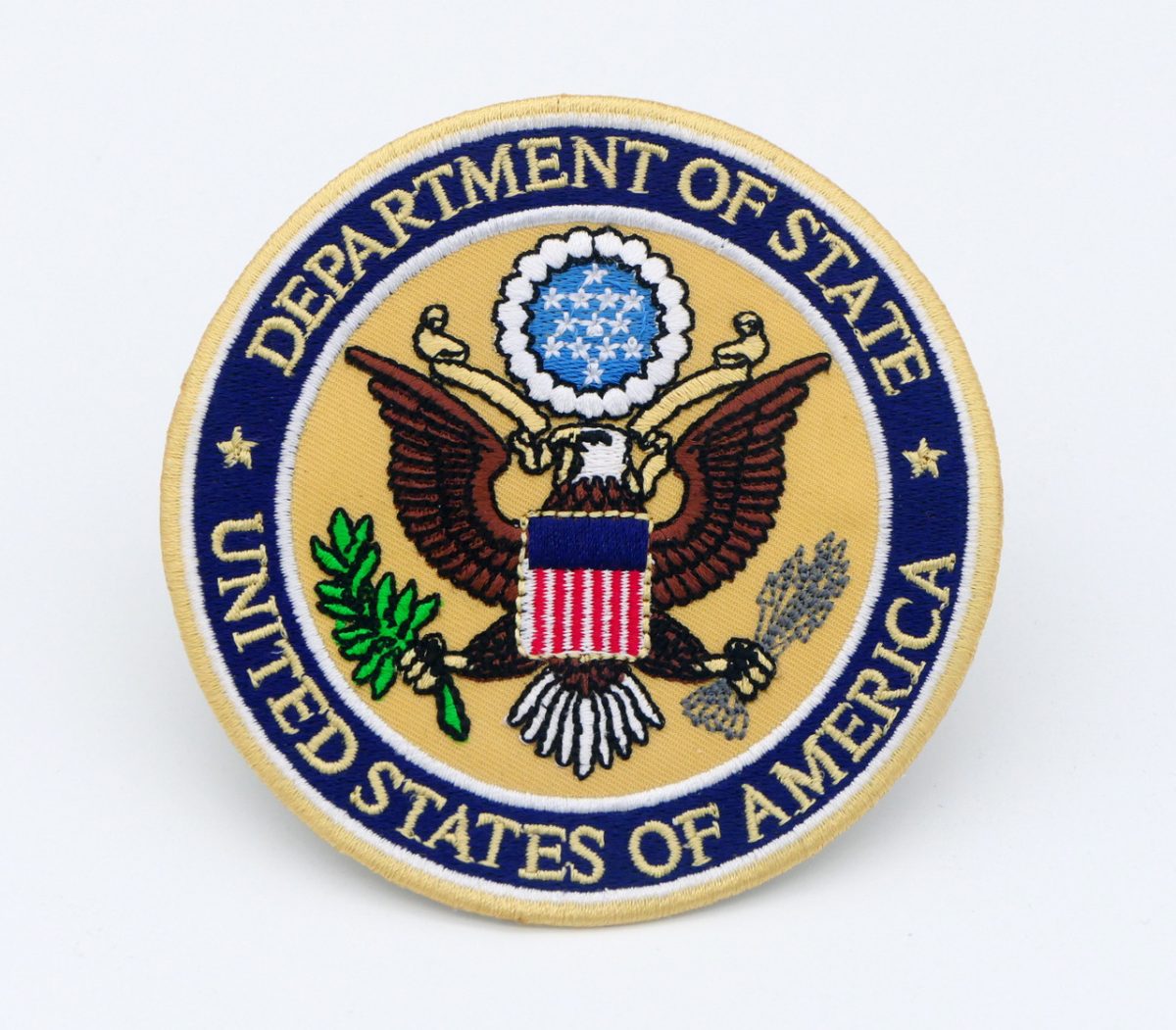As opposed to previous instances in history when the United States declared its stance on wars and left citizens to agree or disagree, modern foreign policy leaves the United States fractured into a million different opinions on wars abroad, and therefore opinion on foreign war becomes a political talking point and means for virtue signaling. This isn’t to say that any show of support isn’t meaningful to said side, but that politicizing foreign issues in a strictly American way, which in essence is blue and red, black and white, right and wrong, often promotes disinformation and polarization.
There are two very different instances of the fractured homefront in recent history: The Ukraine-Russian war, and Israeli-Hamas conflict. In the first case, the U.S. has been outright in their support of the cost of the Ukrainian war effort. According to the U.S. Department of State, the U.S. has invested $44 billion in “security assistance” for Ukraine since the start of the war. However, many conservative politicians and action groups openly disagree with the war— an inverse to the Vietnam war, which more leftist individuals tended to dissent from. Yet unlike the Vietnam war in which those who protested against government involvement were berated by society and characterized as a minority that was counter to the norm, the dissenters today are given a platform and evidence to support their stance, and their outright disrespect for the decisions of the federal government is celebrated and treated as another political stance: pro-choice, pro-life, pro-Russia, pro-Ukraine, is the same thing right? To politicians whose bases are built off the qualms of the average American who is more than willing to blame things like inflation and recession on foreign blanket statements than past governmental faux pas. It truly is another stance to take in a long political game, that in their mind will gain them a government term that could be longer than the war itself.
And for more online individuals, often younger and oblivious to foreign policy and history (which isn’t a negative trait in itself), supporting Ukraine can be the new BLM cause, a new situation in which a clearly victimized group needs white middle class women everywhere to post on their social media about atrocities, change their profile picture, and raise awareness about an issue that definitely isn’t already all over every social media, every leak site, and every news platform that takes themselves seriously. At the end of the day no matter what side you fall on, the real issue is diluted to fit a narrative, which discounts the complex nature of foreign governments that runs differently, under systems that are not the typical American democratic-republic, different versions of history, and diverging reports of who is winning and who’s losing.
The Israel-Hamas situation further debilitates legitimate public discourse of foreign policy, and the power of the U.S. to govern such stances to something that at least resembles a foreign policy that satisfies most citizens.
The Israel-Hamas situation further debilitates legitimate public discourse of foreign policy, and the power of the U.S. to govern such stances to something that at least resembles a foreign policy that satisfies most citizens. Perhaps burned with the recent history of the wars in Iraq and Afghanistan, the U.S. is much more hesitant to show support for any side of the Israel-Hamas war and so are its citizens. This war can be considered to be the first where most of the narrative has happened on social media and leak sites, with official statements becoming footnotes, because frankly neither government is widely trusted.
There were false news reports reporting that the Israeli top commander was kidnapped, there have been multiple instances where videos of the war have been released and comments claim the victims are “crisis actors,” which is often proven untrue. Old videos of Romani soldiers have been recirculated as new videos of American soldiers, and overall every video released from the war is met with suspicion, justified or not. The same goes for the Russian-Ukraine war. The story of “The Ghost of Kyiv,” which was backed by Ukrainian officials, told of a pilot who shot down six Russian planes. Russia also repeatedly claimed they were targeting military targets, while simultaneously targeting hospitals. During the last DHS debate team meeting, the topic was the Israel-Hamas conflict, and no one could seem to agree what were the facts; including the moderators themselves, everyone seemed to have their own set of facts, that were rebuffed, and then there was a rebuff to the rebuttal.
No one want to see more lives lost, and let’s not forget the pledge to prevent genocide, taken by all countries in the U.N. (which is rarely upheld). However no western country seems to know how to prevent civilian losses. And this is happening because leaders won’t come out and say what is happening, and when they do it’s contradictory, disinformation that spreads like wildfire, and once again people are picking sides as if sides is the question and not, how do we stop this. According to Al-Jazeera live updates, as of October 31, 500 Palestinians were killed, and the latest death toll stands at 8,425 Palestinians and 1,405 people in Israel since October 7 and foreign countries have done virtually nothing to stagger this increasing toll on human life.
But as seen in the past and in recent history, Americans will ignore atrocities if it does not affect their bottom dollar, so whether or not an effort will be made to take a stance on the Israel-Hamas war remains unclear.
Either way: keeping our support neutral or not, can lead to catastrophic ends. As seen in american isolationism: when we allowed Nazis to take over Europe; and the opposite, when we started the Cold War and had our military in wars it definitely didn’t belong in; and perhaps now that wars are presented brutally live, the gauge for when the U.S. should get involved has shifted with the perception of violence that has increased. But because there is no right answer, we should keep in mind when a narrative tends to lean “right and wrong” and “International-Police force” that either way there is a consequence far greater than an “X” rant. In the modern age, when every voter and non-voter can become their own politician with a multitude of opinions on how to fix the world, it is painfully ironic that the people who should be making plans or pledges (government officials) are deafeningly silent.















